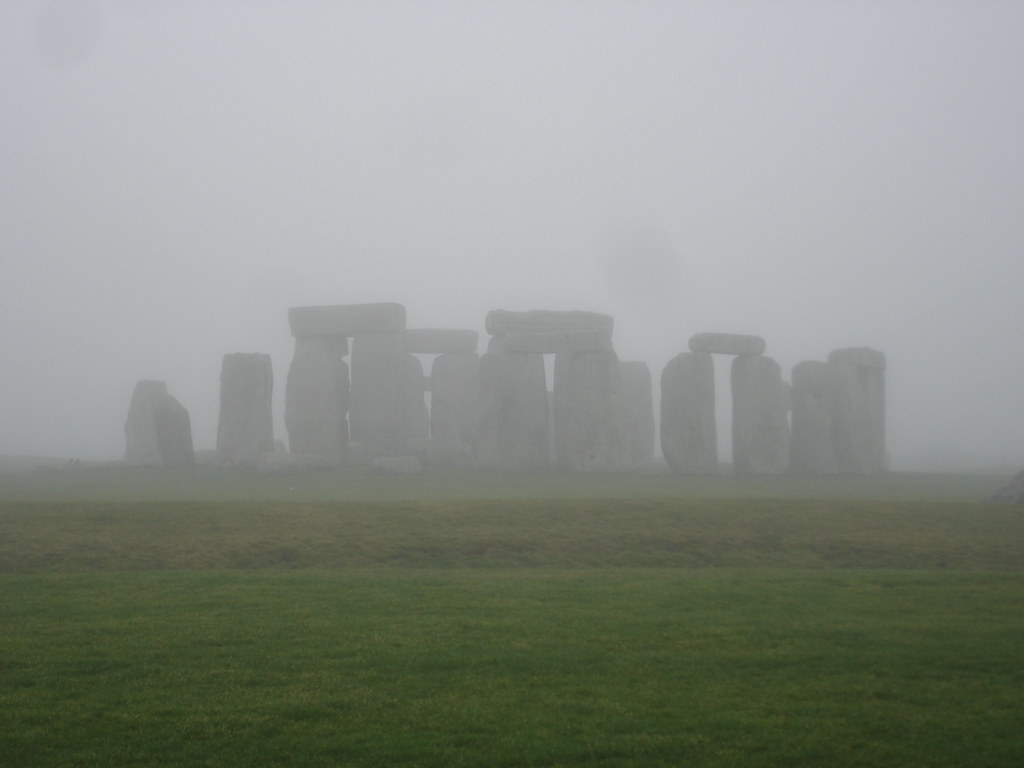An interesting discussion transpired on Twitter this morning (sadly a very poor medium for serious discussion) about this BBC article. In it a group of bishops are complaining that the government discriminates against Christians. Specifically they are talking about people losing their jobs for wearing crucifixes.
As someone who has suffered employment discrimination (there is a good reason why I’m self-employed, you know), I’m fully supportive of anyone who is at risk of losing their job simply for wearing a religious symbol. So score one for the bishops there. However, like many things in life, this issue is a little more complicated.
To start with, losing your job for wearing a crucifix is not the only sort of discrimination that the bishops complain about. The “rights” that they want protected include the “right” to discriminate against, and spread hatred towards, other people; specifically LGBT people. Indeed, Church of England Bishops in the House of Lords have been in the forefront of every fight to prevent LGBT people gaining civil rights in the UK. Trans people, in particular, had to go to the European Court because there was no chance of their getting any rights in the UK without support from elsewhere. So while I feel very sorry for Christians at risk of losing their jobs simply for wearing religious jewelry, I think it is a bit rich for some bishops to complain about being discriminated against on the one hand, while pushing hard for the right to discriminate on the other.
There are, of course, many Christians who are wonderful people. I have a good friend who is a Catholic Priest, another who is a Methodist Minister, and one who is training to be a CofE vicar. They are not the sort of people who go around persecuting others. Unfortunately they get tarred by the bad behavior of other Christians. And that brings me to the thorny subject of symbols.
Symbols, religious or otherwise, are powerful things. They can convey a great deal of information, and a great deal of emotion, very effectively. I’m trying not to invoke Godwin’s Law here, so apologies to any Jewish friends who may feel left out, but let’s use the Confederate flag as an example.
I very much doubt that the people behind the Somerset Rebels speedway team had any political reason for the name and symbol they chose. For most people in Somerset the Confederate army has the vaguely romantic overtones of the underdog. Their generals tended to be more likable than Grant and Sherman. But to an African-American the Confederate flag means something very different and specific. It suggests that the person wearing it is proclaiming his racist views, and his hatred for African-American people. It suggests that because there are people who use it in that very way.
The same sort of confusion, these days, is true of a crucifix. A person who chooses to wear one may well think that doing so sends out a message of, “I believe in Jesus Christ and His gospel of love.” Unfortunately an LGBT person seeing that crucifix may interpret the message very differently as saying to her, “I hate you and wish you dead.”
This is where the whole issue gets very difficult. Imagine yourself in the position of an openly gay person who is seriously ill. Fortunately you are in the UK and are able to go to hospital. But once there you discover that one of the nurses wears a crucifix. Are you going to be comforted, or very frightened?
There are no easy answers to this. There are, however, things that we can do. Those of us who are not religious need to be supportive of the moderates in various religions who are prepared to stand up against the bigots. Equally, religious people who want our support have to be prepared to take a stand. They also need to be aware that their holy symbol may be a symbol of fear for others.

